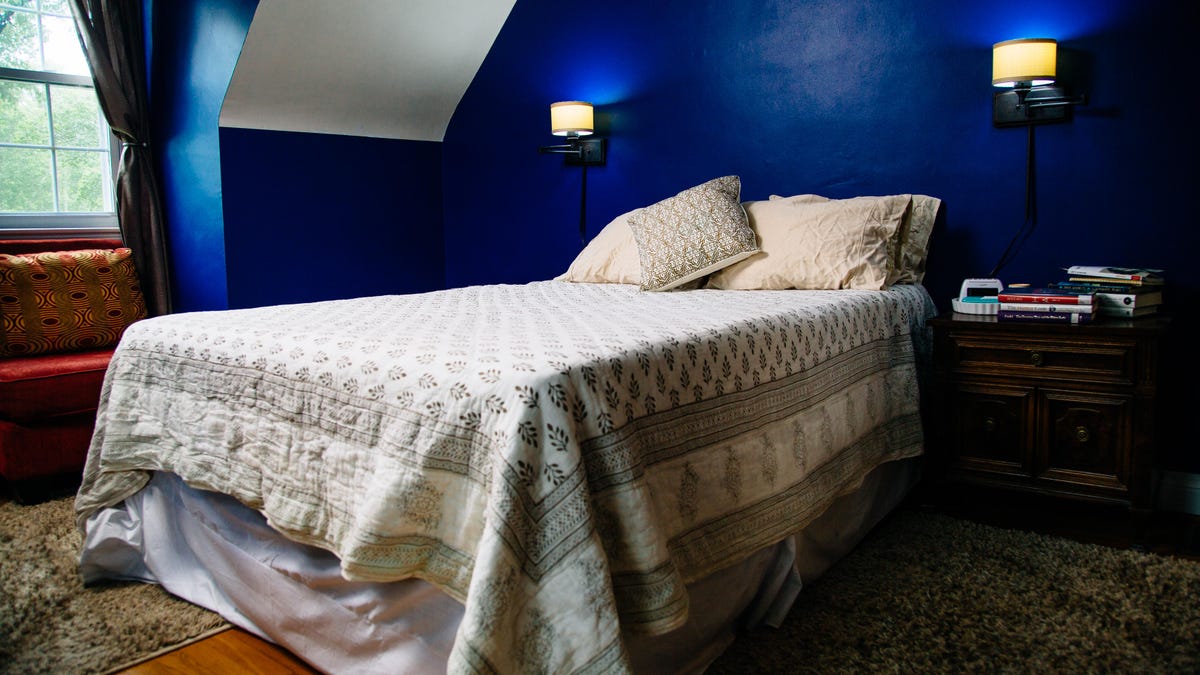Not tracking sleep? It's official: You're missing out
CNET surveyed more than 1,000 readers about whether they use devices to monitor their sleep. A lot do, and they're feeling better for it.

In early September, Apple released Apple Watch Series 4 with no built-in sleep tracking. Next, Google released Android Wear OS also sans built-in sleep tracking. You'd think no one cares about the ability to track their own sleep hours and restfulness.
Wrong.
We asked 1,326 CNET readers in July of this year to answer questions about technology and their own sleep. We wanted to find out how many in our audience have used devices to track sleep and what they've gotten out of the experience.
Many of you do track your sleep already despite the immature market for built-in or easy-to-find sleep trackers. Thirty percent of CNET's respondents already track their sleep, and most through the path of least resistance: 73 percent track using wearables. (Only 5 percent of those answering the survey track sleep using smart mattresses or technology built into beds.)
After survey respondents started tracking sleep, they reported sleeping much more than they did before tracking.
A full two-thirds of people who took our survey say that they're seeing positive effects after tracking Z's, including 32 percent who say they have higher energy levels and 32 percent who report feeling more positive in general. Twenty-nine percent tell us they now have lower stress levels, too.
Of the 27 percent of trackers who told us they were getting "less sleep than ever" before tracking, 55 percent now report getting "more sleep than ever." Sleep tracking doesn't turn things around for everyone, though. Thirty-two percent say they're feeling no effects at all after tracking. (Of course, just because someone's tracking sleep doesn't mean they're fixing the problems they find with their sleep patterns.)
Despite positive reports from trackers, there's plenty of opportunity for sleep tracking tech improvement. Almost one-fifth of the non-trackers we surveyed (19 percent) are former trackers -- they've quit since starting -- and 70 percent have never started at all. Thirty percent of those who haven't tracked say they're interested but have yet to take the plunge.
We asked some questions about what people need out of their sleep tracking and what could help them use what's available. Cost is an issue: 53 percent agree that they would be more likely to use sleep tracking tech if health insurance helped cover the cost. (Some insurers are already making the controversial move to supply health trackers -- or in the case of a major life insurer, even require customers to submit some health and fitness data to qualify for coverage.)
Some sleep trackers simply need to make tracking easier. The ones that do include Fitbit and some competing devices, which build in tracking, and there are apps that promise to track sleep effectively using only your phone. Third-party apps work with Apple Watch and Android devices to turn them into sleep trackers.
CNET has reviewed a number of smart mattresses that track sleep for multiple users and other devices that work on or near your bed to monitor tossing, turning, waking and even snoring. We're diving deep into the world of sleep tracking this week with a special package on what works and what doesn't in the world of high-tech sleep solutions.
Proven ways to get better sleep: Our best tips to help you sleep better.
What to know before buying a mattress: From big-box retailers to the web, here's what to look out for with your next mattress.

